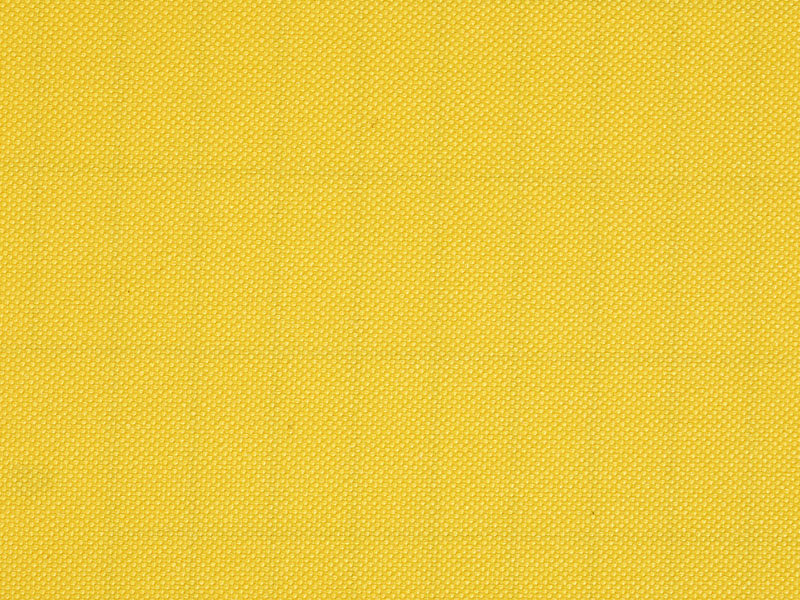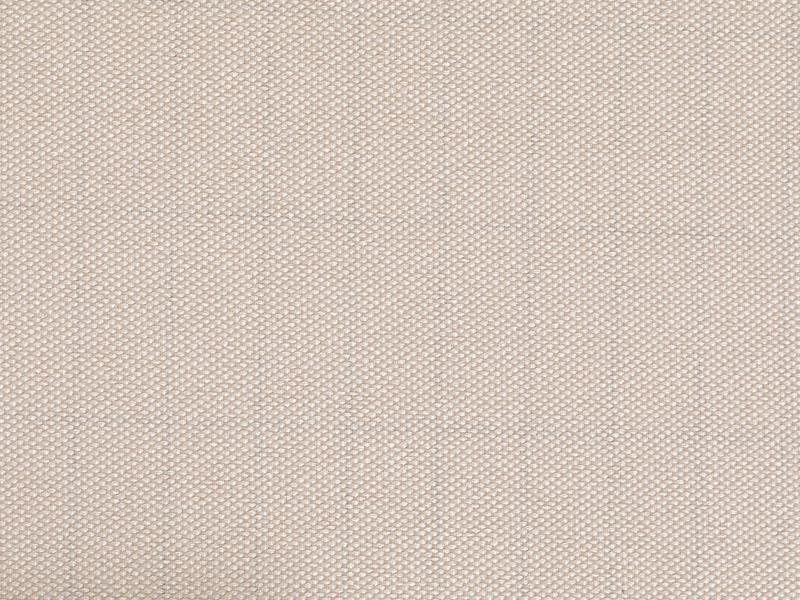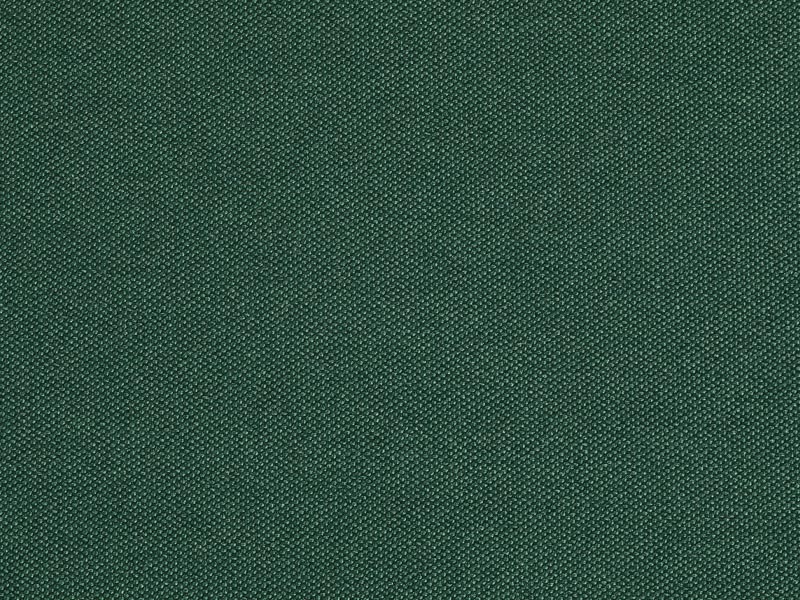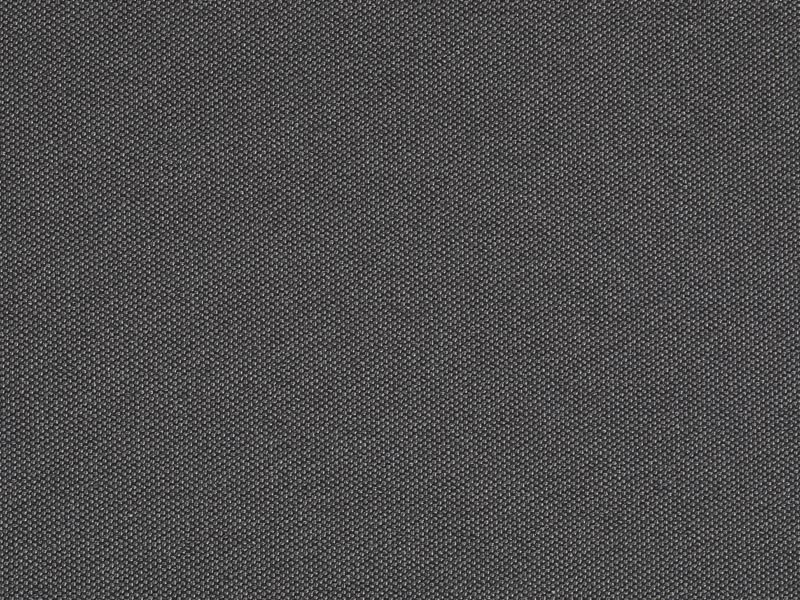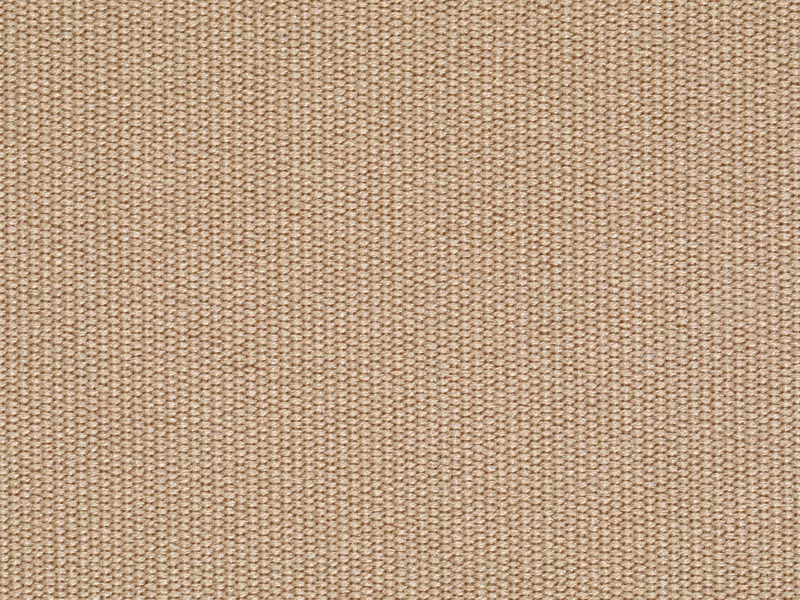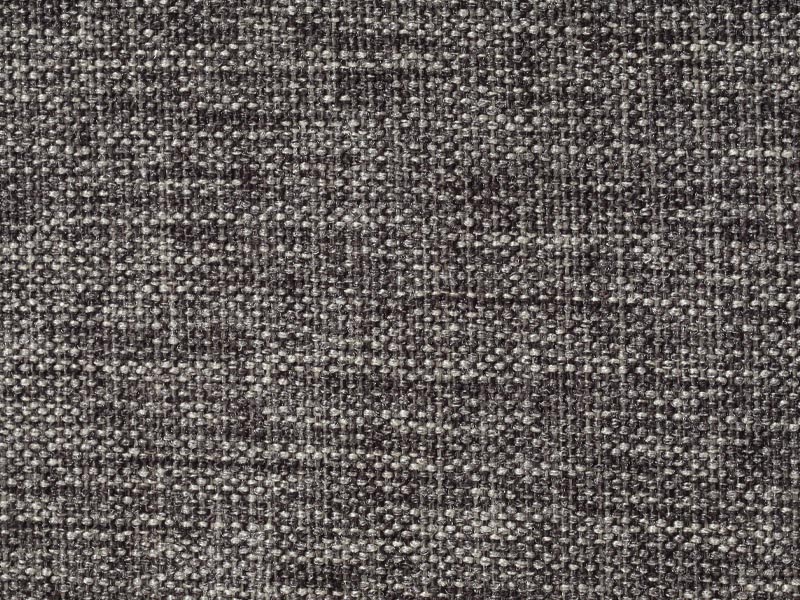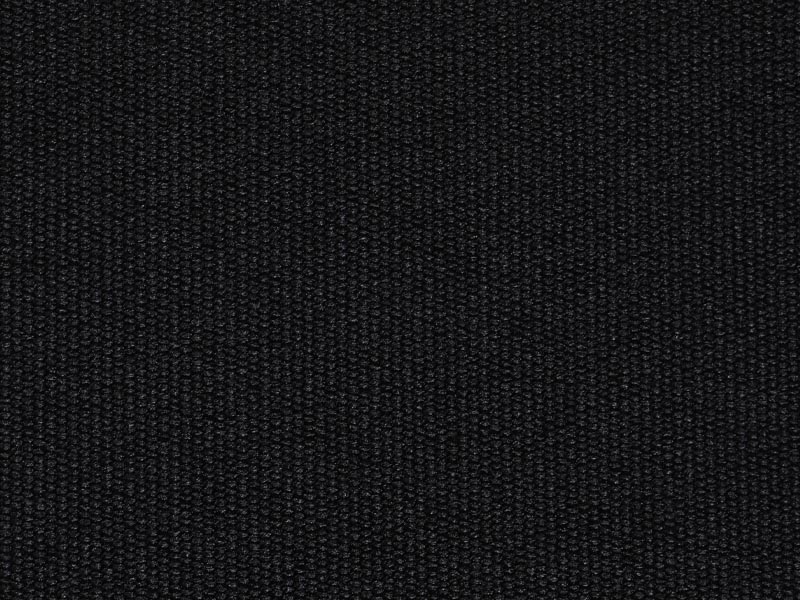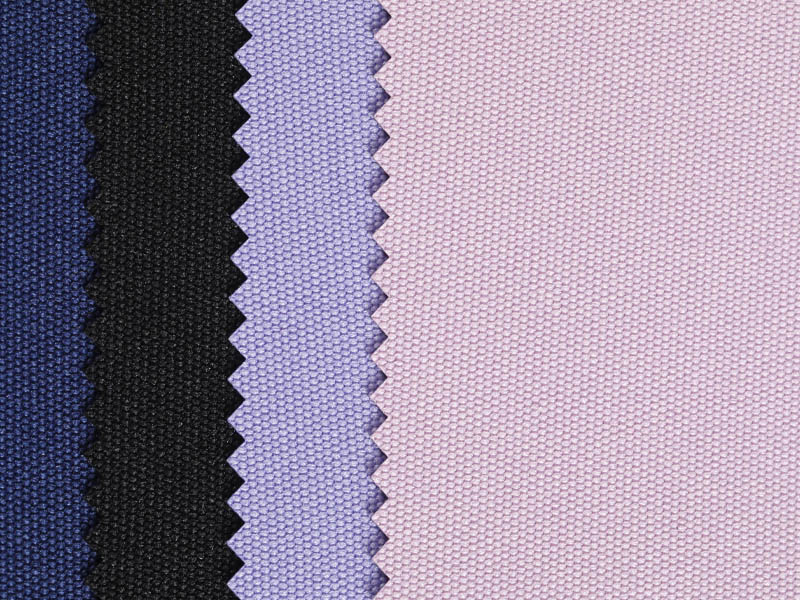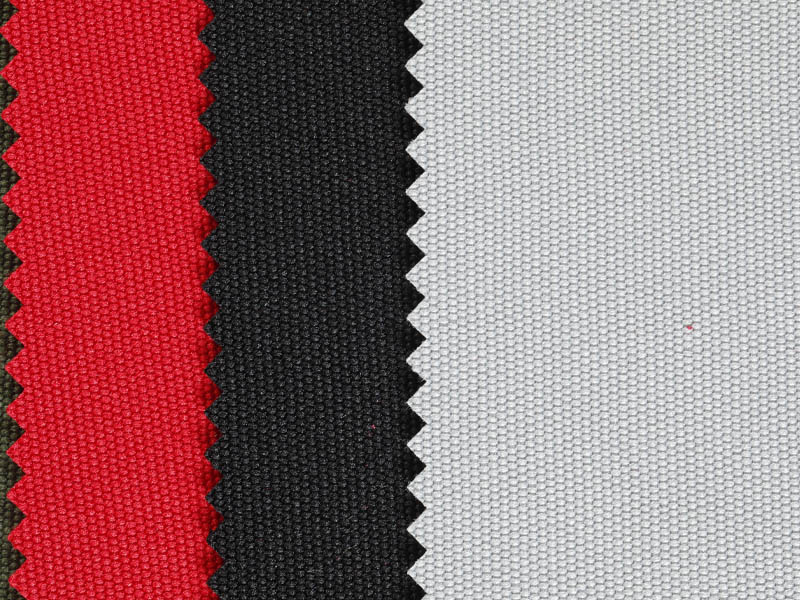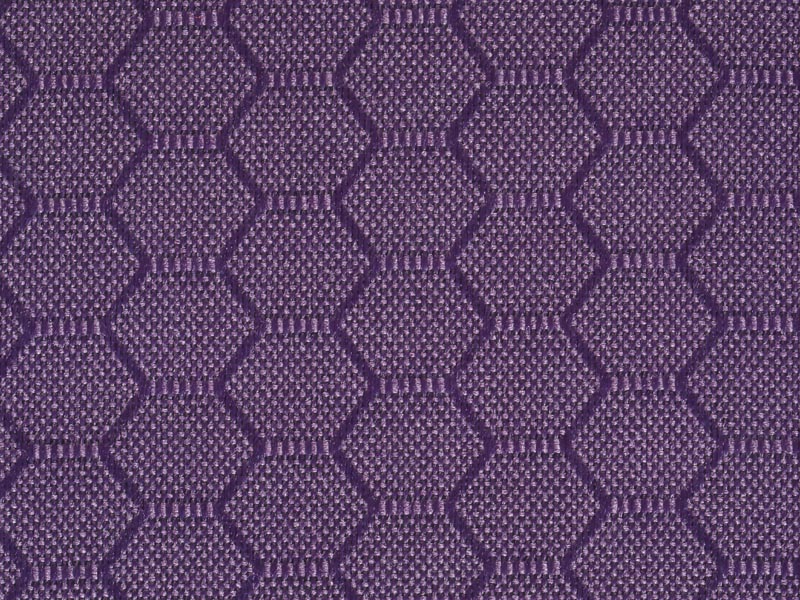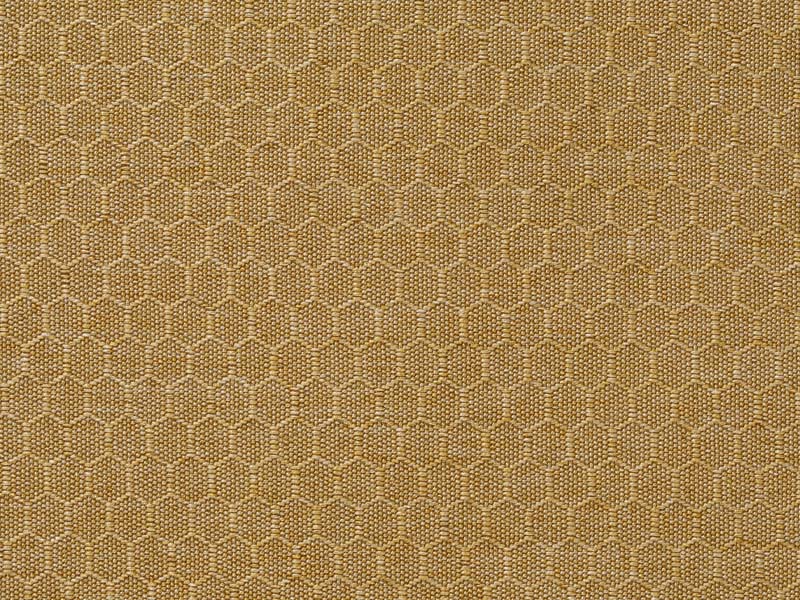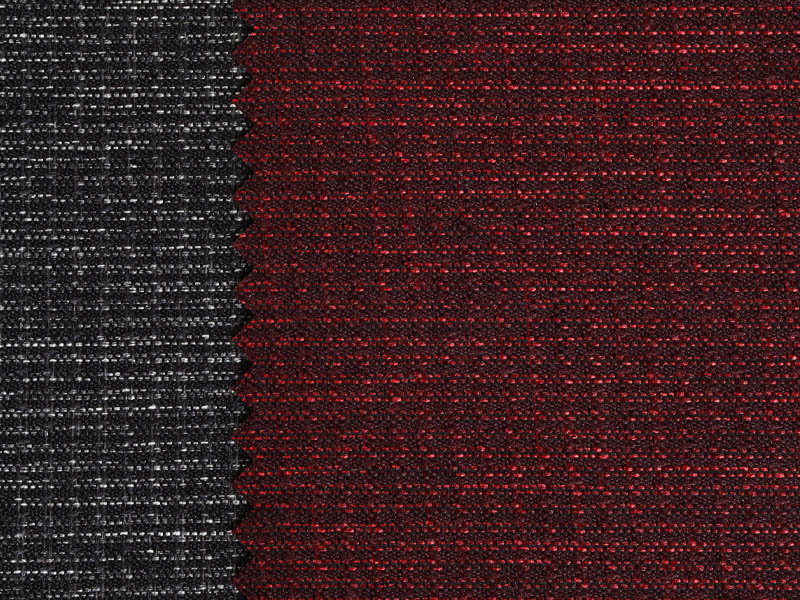Advantages of Waterproof Fabric Over Other Materials
Posted by Admin
Direct Selling High Quality Waterproof Fabric Manufacturers
In the realm of textiles and materials, innovation has paved the way for enhanced functionality and performance. Among the array of specialized fabrics, High Quality Waterproof Fabric stands out as a transformative solution that offers a range of benefits unmatched by conventional materials. This article delves into the advantages of Waterproof Fabric over other materials, highlighting its role in providing protection, versatility, and comfort in various applications.
Defining Waterproof Fabric
High Quality Waterproof Fabric is a textile material that has been engineered to repel water and moisture, ensuring that it does not permeate the fabric's surface. Unlike water-resistant materials, which offer some level of protection against moisture penetration, Waterproof Fabric is designed to provide a robust barrier against liquids, making it ideal for a variety of applications where staying dry is essential.
Advantages of High Quality Waterproof Fabric
The advantages of Waterproof Fabric are evident across numerous applications and industries, making it a preferred choice over other materials:
Effective Moisture Protection: The primary advantage of High Quality Waterproof Fabric is its ability to repel water and moisture effectively. This feature is particularly valuable in outdoor activities, protective gear, and products that are exposed to wet environments.
Versatility: High Quality Waterproof Fabric finds applications in a wide range of products, from rain jackets and tents to medical garments and industrial covers. Its versatility allows it to cater to diverse needs across various industries.
Protection Against the Elements: High Quality Waterproof Fabric provides superior protection against rain, snow, and other external elements. Its impermeable surface prevents moisture from seeping through, ensuring that the wearer or the underlying object remains dry.
Breathability: Modern Waterproof Fabrics often incorporate breathable membranes or coatings that allow vapor to escape while blocking liquid water. This balance between waterproofing and breathability enhances user comfort by reducing heat buildup and condensation.
Durability: Waterproof Fabrics are engineered to withstand the rigors of outdoor environments. They are often constructed with robust materials that resist wear, tear, and abrasion, making them durable choices for long-term use.
Enhanced Insulation: High Quality Waterproof Fabric can be combined with insulating layers, making them suitable for cold and wet conditions. This feature is especially valuable in cold-weather gear and outerwear.
Easy Maintenance: Waterproof Fabric is designed for easy cleaning and maintenance. Many varieties can be machine-washed without compromising their waterproof properties.
Aesthetic Appeal: Waterproof Fabrics are available in various colors, patterns, and textures, allowing designers to create visually appealing products that don't sacrifice performance for aesthetics.
Comparison with Other Materials
When compared to traditional fabrics like cotton, nylon, or polyester, Waterproof Fabric offers distinct advantages:
Moisture Resistance: Unlike natural fibers that absorb moisture, Waterproof Fabric actively repels water, ensuring the wearer or the interior remains dry.
Lightweight Protection: Waterproof Fabric provides protection without the added weight that wet fabrics can carry, making it ideal for outdoor activities and lightweight gear.
Quick Drying: While materials like cotton retain moisture and take longer to dry, Waterproof Fabric dries quickly, reducing discomfort and the risk of hypothermia.
Minimal Water Absorption: Traditional fabrics absorb water, becoming heavy and uncomfortable. Waterproof Fabric resists water absorption, preserving its weight and comfort.
Adaptability: Waterproof Fabric can be designed for various levels of waterproofing, allowing manufacturers to cater to specific needs and preferences.
Conclusion
Waterproof Fabric has ushered in a new era of textile innovation, redefining how we stay protected, comfortable, and dry in various conditions. Its advantages over traditional materials are vast, spanning protection, versatility, and comfort. As technology continues to advance, Waterproof Fabric will likely continue to evolve, offering even more innovative solutions for a variety of industries. From outdoor enthusiasts to medical professionals and industrial workers, the benefits of Waterproof Fabric make it an invaluable choice for those seeking the highest level of protection and performance in their clothing and gear.

 English
English Français
Français Español
Español عربى
عربى Tiếng Việt
Tiếng Việt